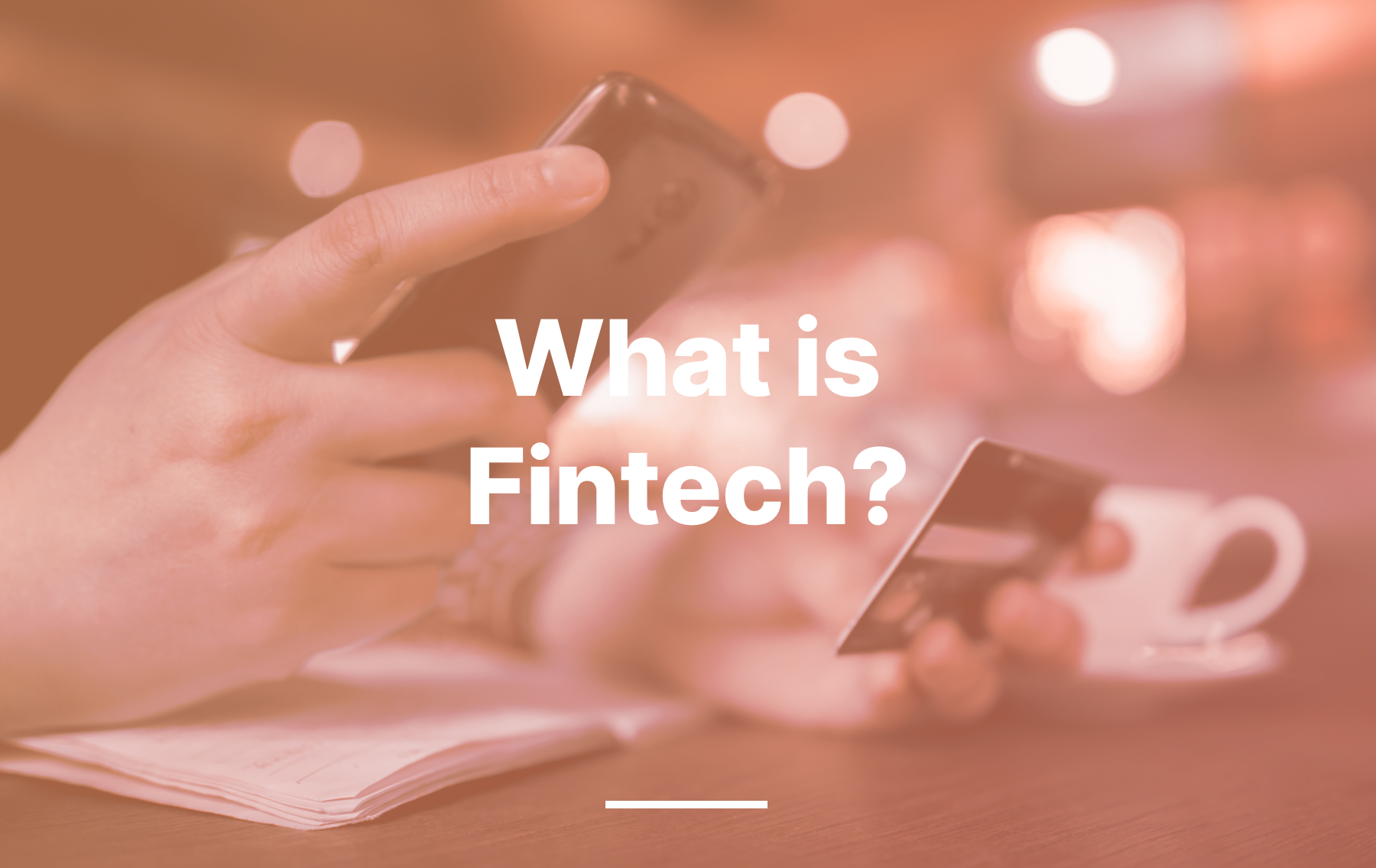Have you ever wondered what the term “fintech” means? Fintech is short for financial technology, and it’s the buzziest phrase in the finance world right now. Financial technology can be anything from an app that helps you manage your budget to a website that helps you find a better interest rate on your credit card. It can also be something more high-tech, like biometrics or artificial intelligence. It aims to make financial services more efficient and accessible to both companies and consumers.
Why is it important?
Fintech can help companies better serve their customers, as well as provide new opportunities for businesses that want to enter the financial sector. The use of AI in particular can help companies make better decisions about how they allocate their resources and how they interact with customers.
Mobile Payments: Have you ever used an e-Wallet or made a mobile payment? If the answer is yes, you are already making use of this technology! Mobile payments are digital systems that allow people to pay for things using their phones instead of cash or credit cards. They’re convenient because you don’t have to carry cash or cards with you all the time, but they also present some security risks (like fraud). So better be careful while making mobile payments! Learn more about this by reading our article here.
If it’s still unclear – which is completely normal – here are some real-world examples of how fintech may be used to help you understand the concept better.
Blockchain Technologies: Blockchain technology was originally developed for cryptocurrency transactions (like Bitcoin), but its uses go far beyond that—for example, it can be used in supply chain management or cybersecurity applications like identity verification.
Banking for Individuals: Consumer banking or personal banking use cases highlight important applications of technology examples in banking. For different reasons banking services have hitherto been out of reach for billions of people globally. Users might find alternative consumer banking products and solutions geared to solve accessibility challenges with the aid of fintech. Fintech platforms or consumer banking solutions such as e-Wallets may aid in increasing the accessibility and affordability of financial services.
Insurance: Other financial services, such as banking, have also benefited from fintech. While the use of fintech in banking has offered new paths for efficiency, the use of fintech in insurance has also produced new benefits. Many InsurTech platforms have created unique insurance applications that can make insurance more accessible.
InsurTech enterprises and service providers collaborate with traditional insurers to automate insurance procedures and coverage administration. The potential for innovation in fintech insurance applications would provide new advantages in health insurance and other insurance services.
Fintech is important because it’s making banking easier for everyone—and that means it’s making our lives easier too! These technologies are transforming the way we conduct business in huge and little ways, from how rapidly we can transmit money over the world to how quickly we can make smarter financial judgments. And they are no longer only for huge banks; these tools are now available to everyone, including those without a lot of money!



